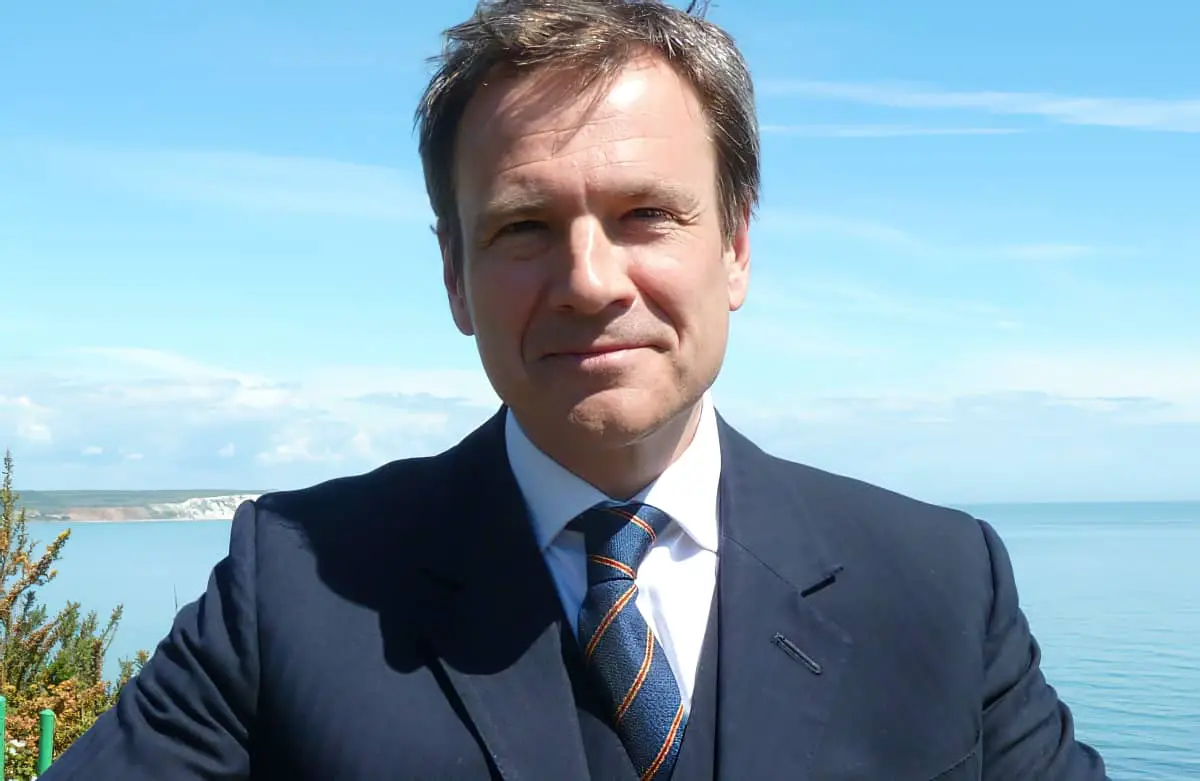Isle of Wight MP, Bob Seely, shares his response to Cllr Jonathan Bacon’s Open Letter, published earlier today by News OnTheWight. Ed
You ask a very sensible question. Like you, I want to see an end to sewage discharge. Here is my answer:
First, I need to prioritise. I am due to meet with minsters next week in regards to the fair funding formula. That is my priority and I need to increase my chances of having a sympathetic hearing.
Mindful of getting the best deal I can overall get for the Island
Whilst opponents of Boris’ Government may wish to seek any opportunity to vote against it, I am mindful of getting the best deal I can overall get for the Island, and on occasions that means sometimes expressing my concern or opposition in private rather than public. These are the practicalities of getting things done.
Spokes about protecting Sites of Special Scientific Interest
Second, I spoke during the Environment Bill debate on the importance on doing more to protect SSSIs – Sites of Special Scientific Interest – and I wanted to focus my attention on that issue, knowing that others were talking in regards to sewage discharge, because as you know one of our SSSI sites on the Island is under threat.
Another vote later this month
Third, this is not the final vote on water and sewage. There should be another vote later this month.
Perhaps it would be helpful if I explain what is going on, as it would prevent some of the more ill-informed comment.
Several MPs, including myself, have told the Government that they need to find a solution which ensures that water companies clean-up their act. The question is how? If the time frame is too tight, water bills will increase steeply at a time when families are already facing higher bills. Too slow, and nothing is done. Therefore, the Government is working to find a solution which will mean we end sewage discharge soon at a price that bill payers – i.e. Island families – can afford. I hope that a successful compromise will see a duty on water companies to end sewage overflow built into management plans. That is the goal.
My vote for or against would have made no difference
This week’s vote was effectively on an initial amendment, and for reasons outlined, my voting for or against would have made no difference to the final outcome – it was not going to pass. Potentially, another vote will take place next week or the week after.
If a compromise is not reached, any potential rebellion will be larger, and potentially also supported by people like myself. The last conversation I have had with Government on this issue was this morning (Friday), and I again made my intention clear.
It, and firms such as Southern Water, needs to find a solution to end sewage discharge.
Sewage (Inland Waters) Bill
For the record, the Government has already adopted large parts of the Sewage (Inland Waters) Bill to clean-up England’s inland waters. I was one of the first supporters of that Bill.
Whilst you and others are criticising, it is also worth pointing out that the Environment Bill will place environmental ambition and accountability at the heart of government.
Powers to tackle storm overflows.
I am pleased that legislative measures contained within the Bill will address the biggest environmental priorities of our age, ensuring that we can deliver on the commitment to leave the natural world in a better condition than we found it.
These include legally binding targets on biodiversity, air quality, water, and resource and waste efficiency which will be established under the Bill. The Bill will also give Ministers the powers to tackle storm overflows.
Target on species abundance
Further, the Government has amended the Bill in the Lords to include a new, historic, legally binding target on species abundance for 2030, aiming to halt the decline of nature. This is a pioneering measure that will be the net zero equivalent for nature, spurring action on the scale required to address the biodiversity crisis.
A forthcoming Green Paper will also explore how ministers might deliver their world-leading domestic ambitions for nature, including how to improve the status of native species, such as the water vole and the red squirrel, and protect 30 per cent of our land by 2030. This is of direct interest and relevance to the Island.
I want the water companies to clean up their act
I repeat, I want the water companies to clean up their act.
I have to balance this important goal with other things that I am trying to get from Government.
Since I became MP, we are getting more from government now than at any point in the past fifty years. That must continue.
I hope this answer is helpful to you.





